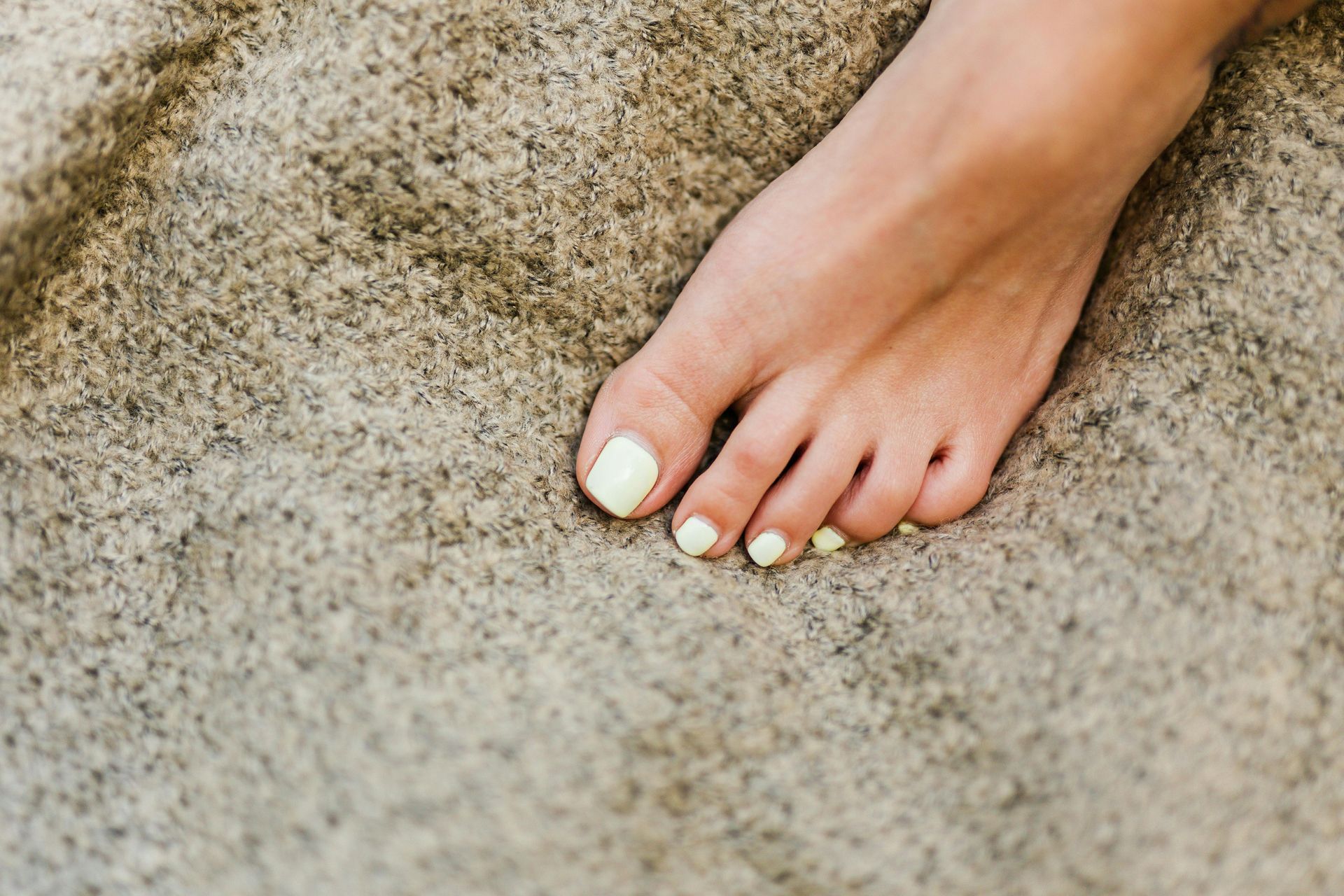What is LiFT & FLeX
And who's it for?
LiFT & FLeX is a 6 week weights and mobility course for women who want to get strong without feeling bored, lost or intimidated at the gym.
And out next six week block starts on Wednesday 19th February 2025 9.15am at Hampton Pool
What can you expect?
Each class will consist of about 30 minutes where you'll learn how to safely lift weights so you can:
🛍️ carry the heavy shopping bags
🧑🏽🌾 push the wheelbarrow down the garden
🧒🏽 pick up the child and her bike
👵🏽 avoid being the wobbly old lady who can't get up the stairs
And did you know healthy joints are an essential part of strength?
That's why we'll spend about 30 minutes every week improving your joint health with stretches and mobilisations.
Sometimes, it might be 50/50 on LiFT vs FLeX and sometimes it might be a bit more of one than the other.
Why join the LiFT & FLeX course rather than go to the gym?
Quelle surprise - I much prefer a group class to the gym.
When you go to the gym:
🎧 Everyone's there with their headphones on not talking to each other.
😣 No one's gonna help you if you need help with an exercise
💤 It's boring doing the same routine all the time.
😩 It can be intimidating when you go in there picking up smaller weights and the guys are in there grunting their way through 675kg*
In LiFT & FLeX:
🗣️ We'll all be chatting and complaining together.
💁🏽♀️I'll be there to give you guidance, options, suggestions and ensure you're doing it safely
😃Routines change every week
👀The only person looking at you is me and I'll make sure you've got the right weights for you!
* I'm not saying the chaps are doing their 675kg with good form by the way. It takes a LOT of effort for me to keep my mouth shut.
Why LiFT & FLeX is ideal for you if you're new to lifting weights.
I'm going to show you safe technique - firstly with body weight so you know what to do.
Then we're going to add weights at the level that are right for you that day.
Not saying I won't challenge you a little. Because I will.
That's how you get stronger.
And, because of the FLeX component, you'll feel strong AND flexible.
By the end of the course, you'll be doing things you never thought you could 💪🏽
Why LiFT &FLeX is ideal for you if you'd normally go to the gym.
How many times have you walked into the gym and just not been in the mood?
So you've half-arsed your workout and felt a bit annoyed with yourself.
Then scuttled home without doing your stretches at the end.
That's why working out in a group is THE BEST.
It's scientifically proven that you're more motivated to work out when:
a) you're doing it to music; and
b) you're doing it with other people
I can see when you might be able to challenge yourself a bit more and I'll be there to help you do it.
And I'll make you stretch too!
What the FAQ?
A couple of months ago, I asked my lovelies to complete a questionnaire about weight training. And here are some of the questions I got asked:
- Is it too l late for me to start lifting weights?
NOPE! Never too late.
- Do some bodies react differently and get bulky rather than toned?
I wrote a blog about this recently - click here for a reminder
In summary, one class per week won't make you bulky.
- What's better: lower weights + high reps; or higher weights + low reps?
They're both great.
High reps build stamina.
Higher weights build bone strength and density.
(We'll do a mixture of both).
The wait list is OPEN!
I have space for ten lovely ladies in the studio at Hampton Pool.
So I'm doing a wait list - first come, first served! To save your space, click here
Booking will open on 8th February 2025










